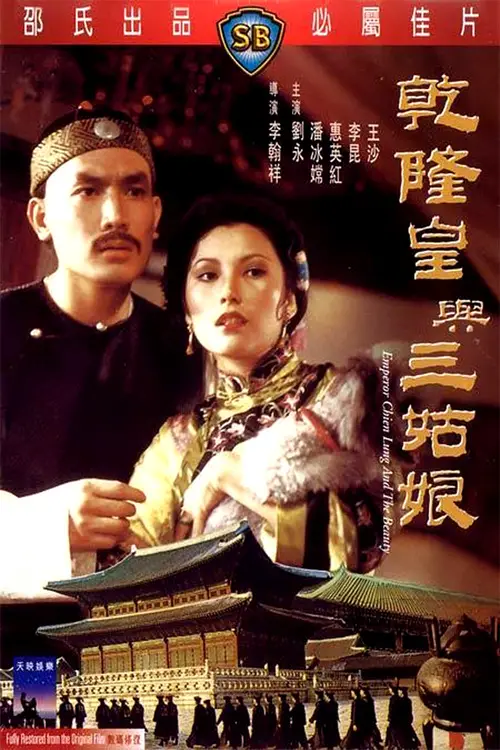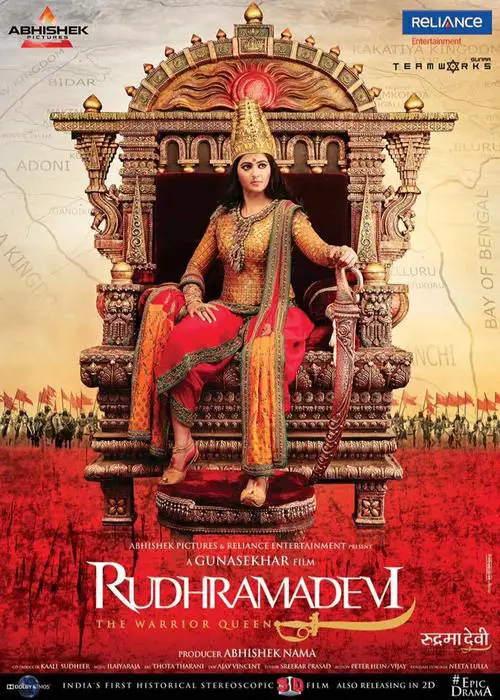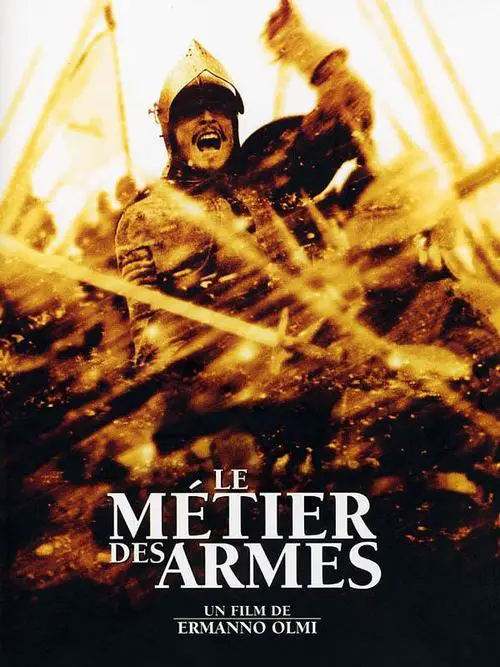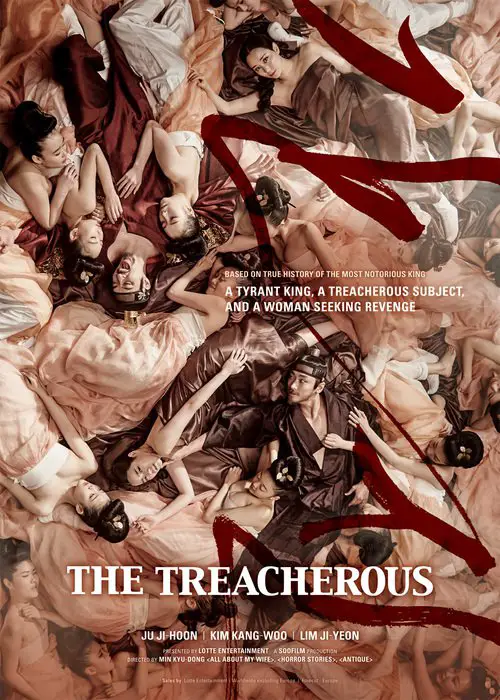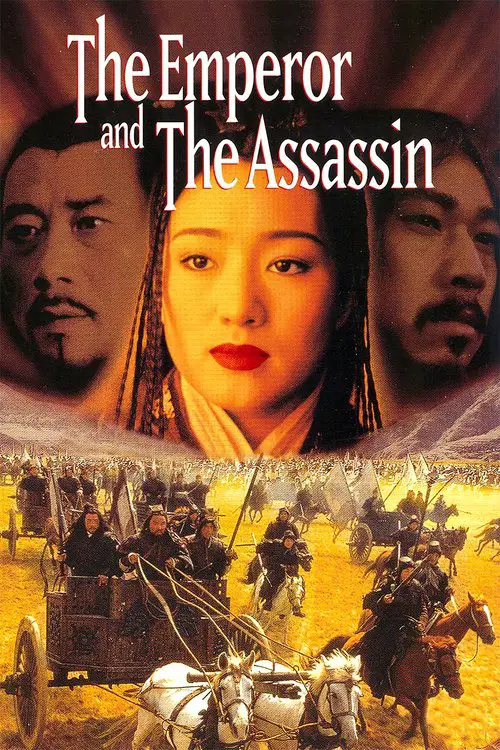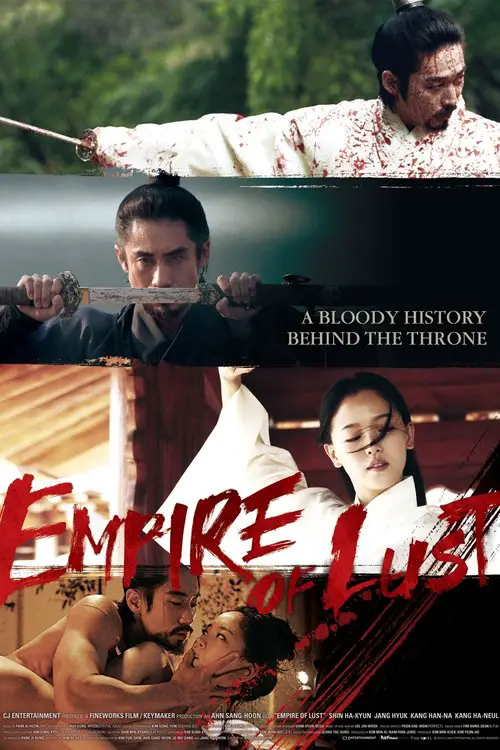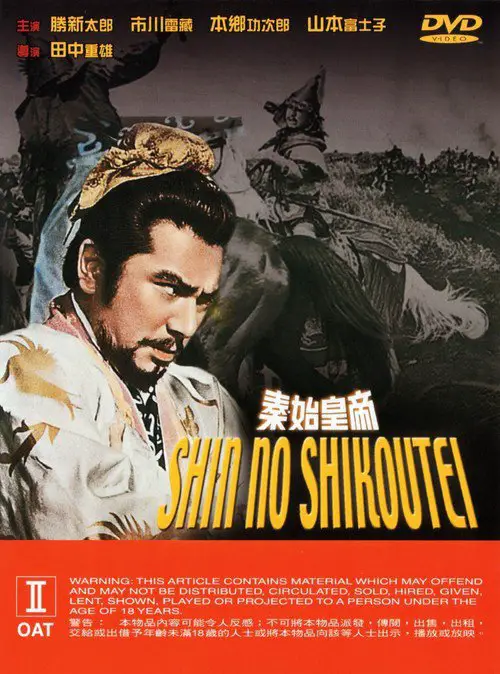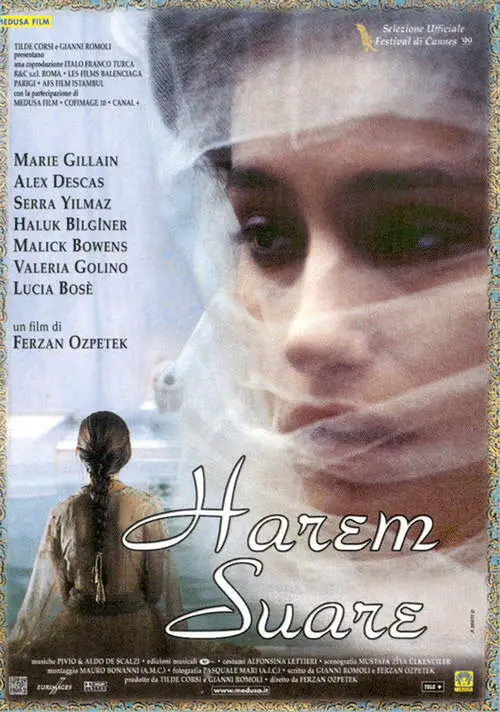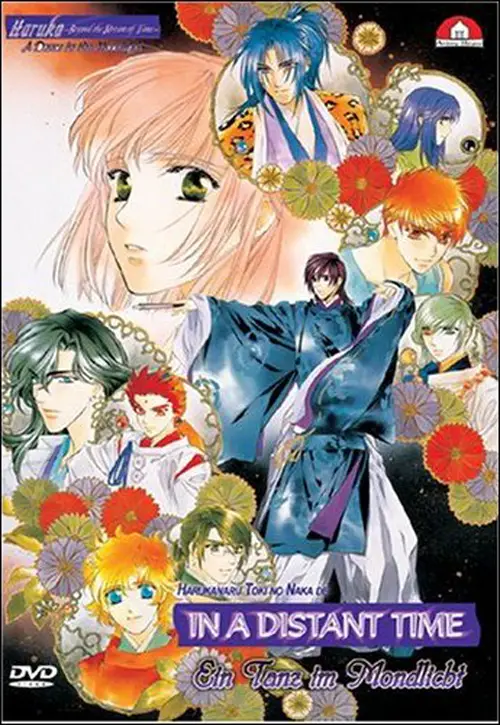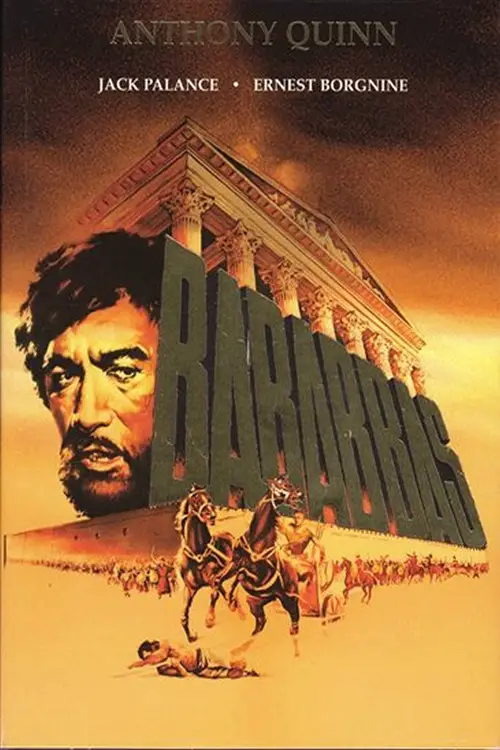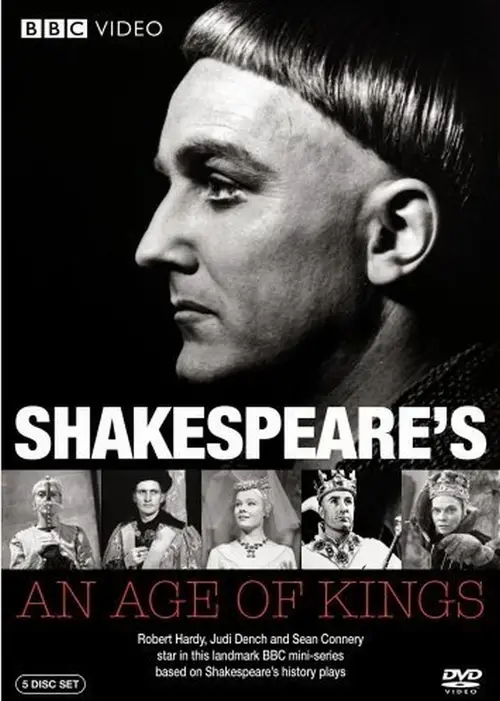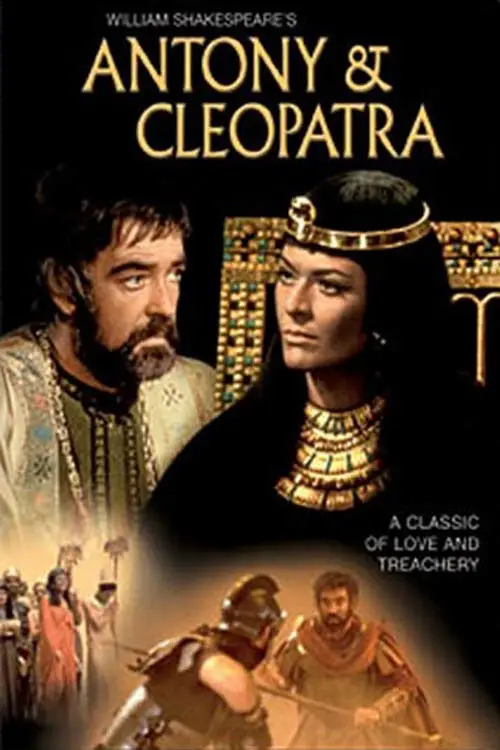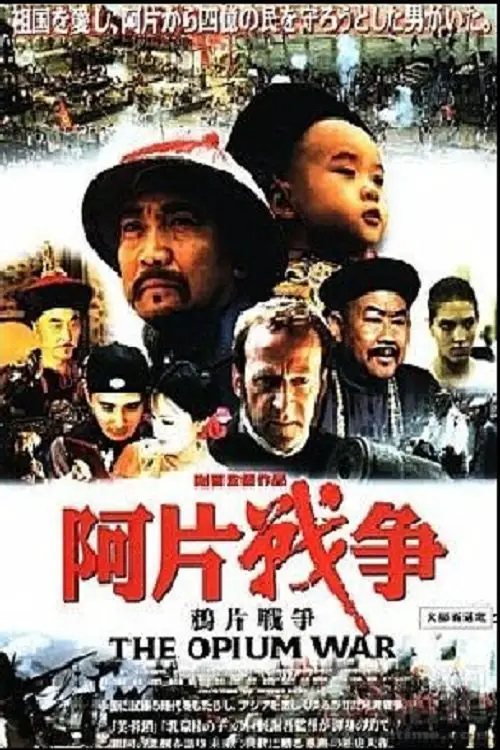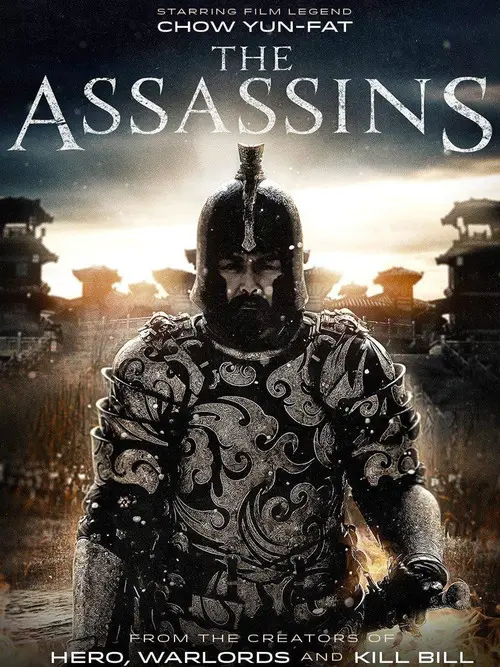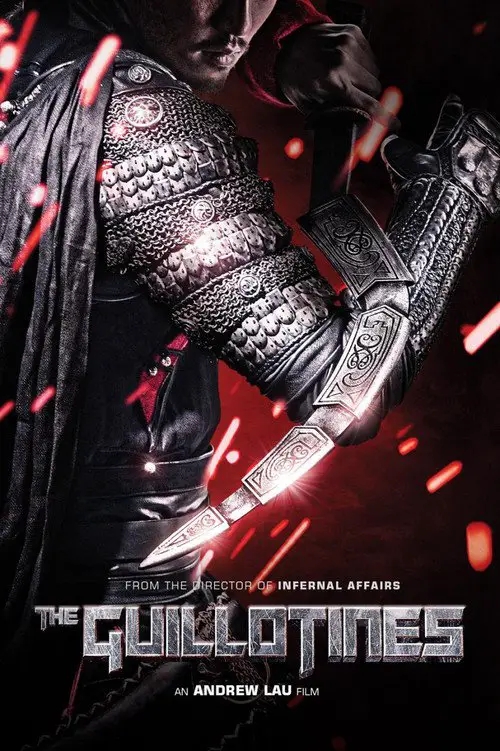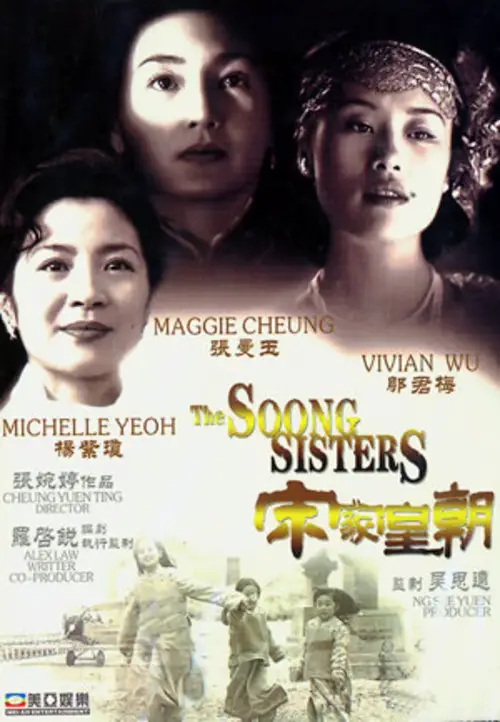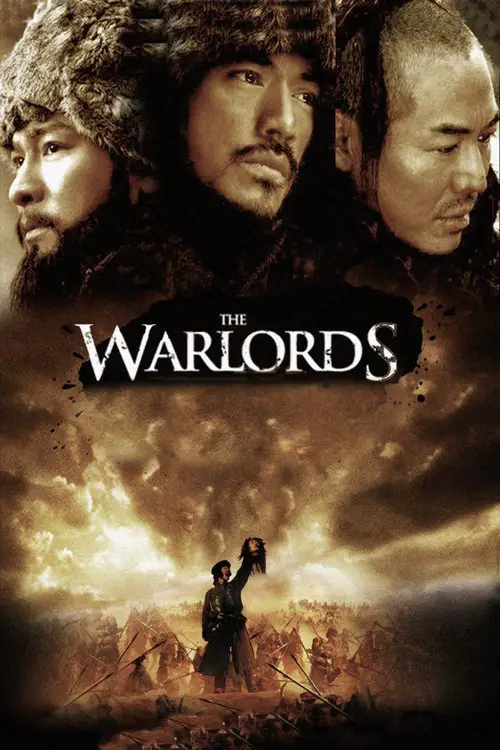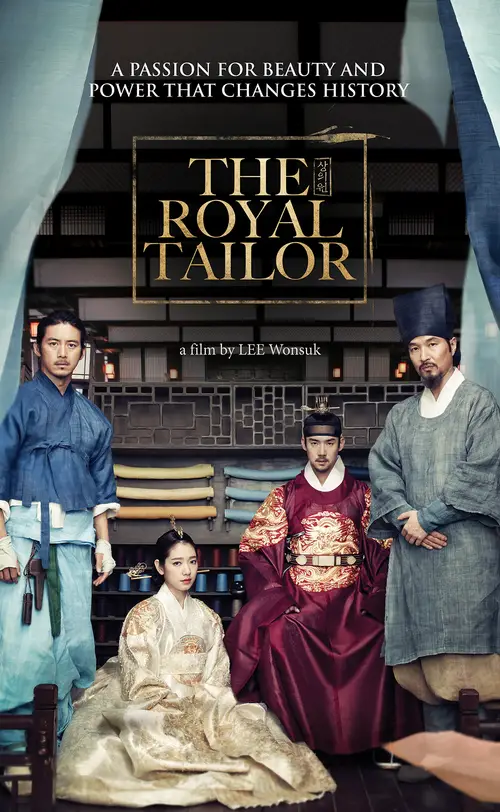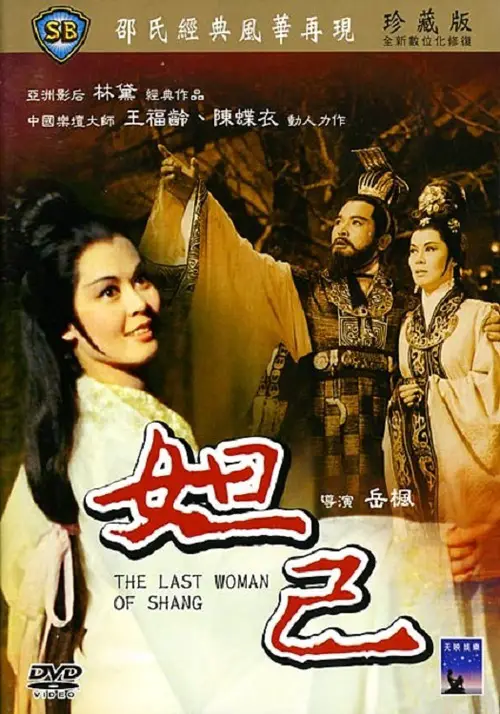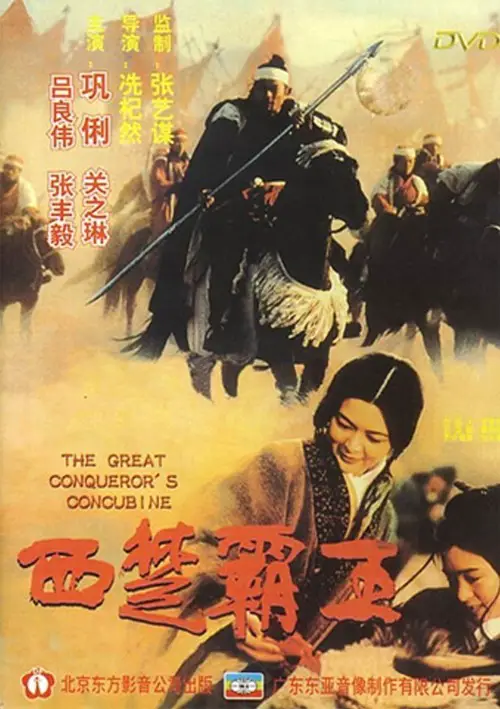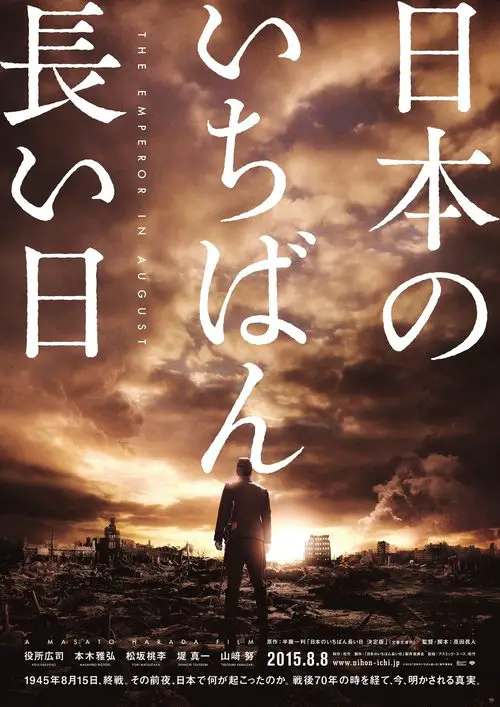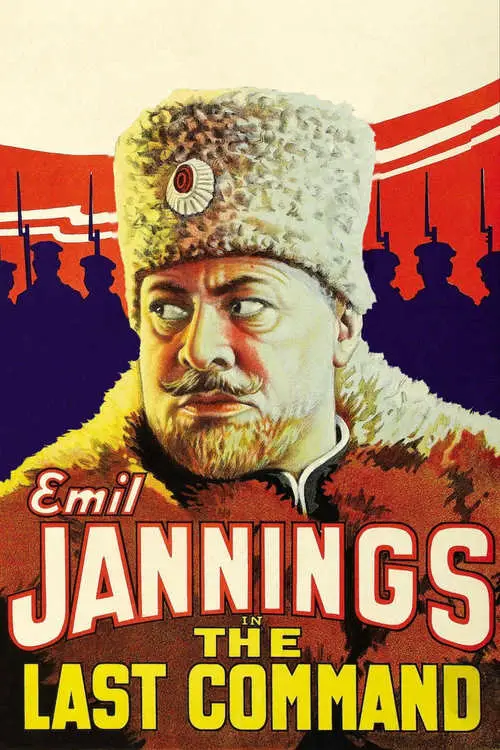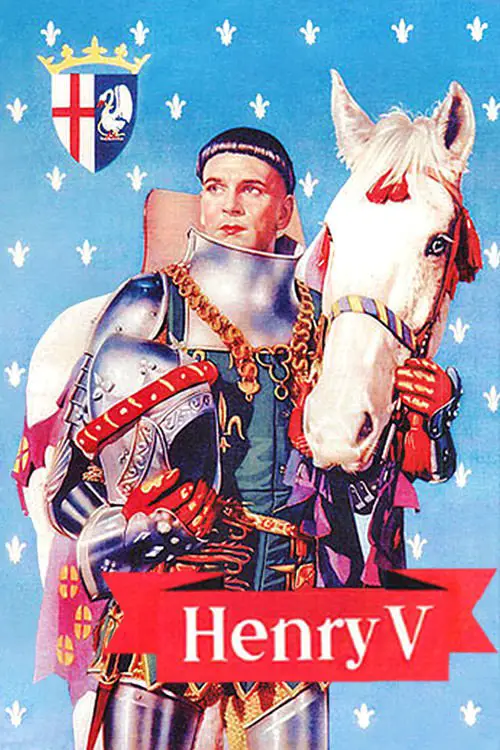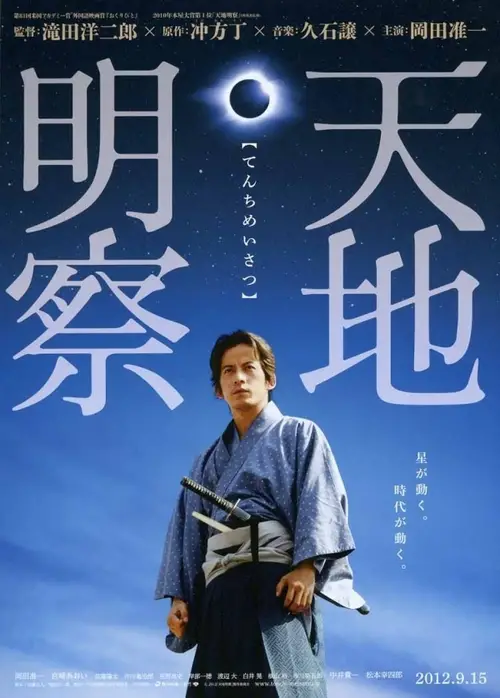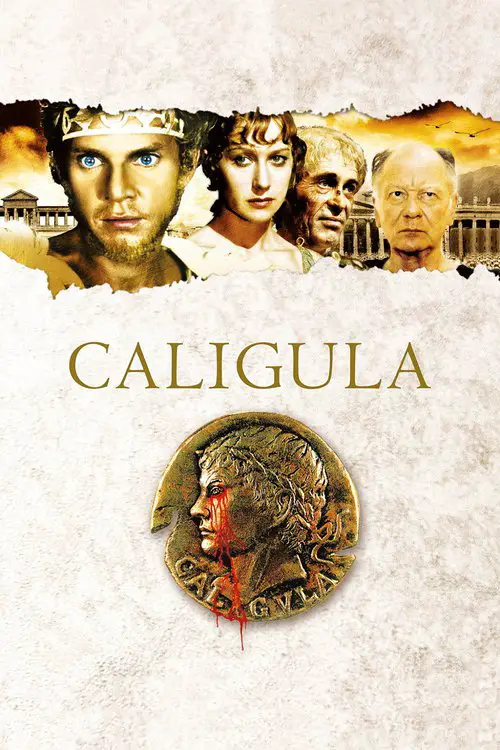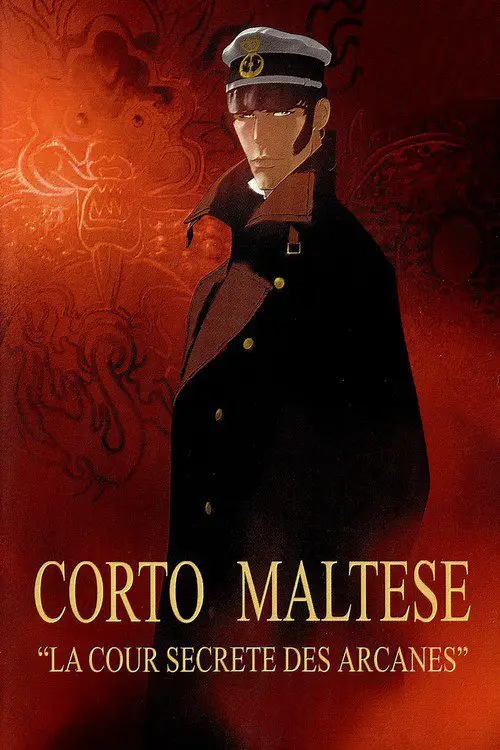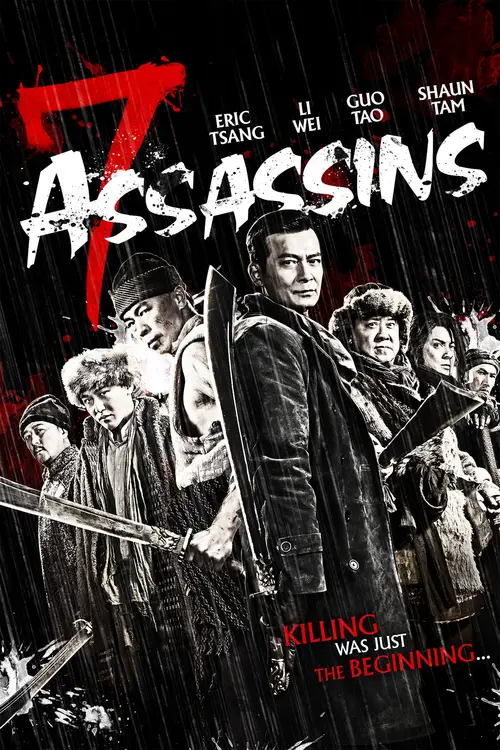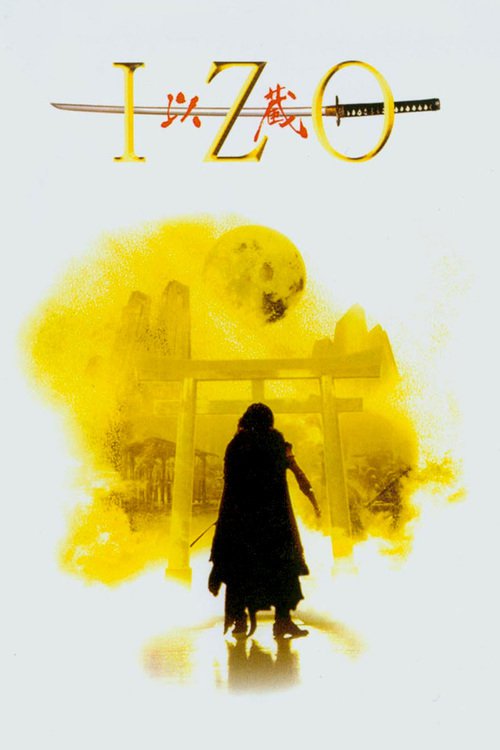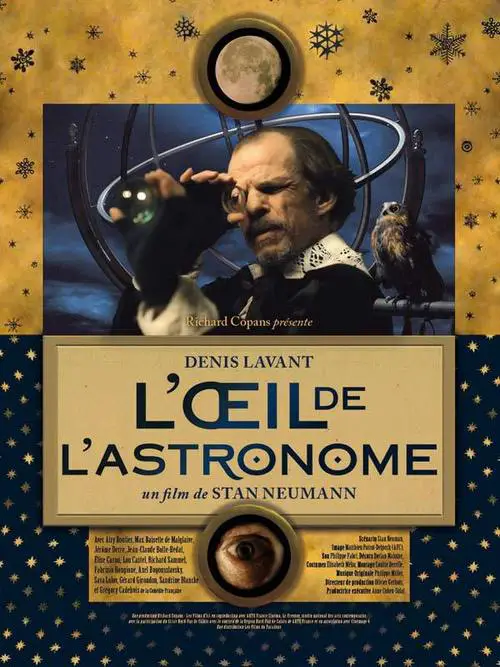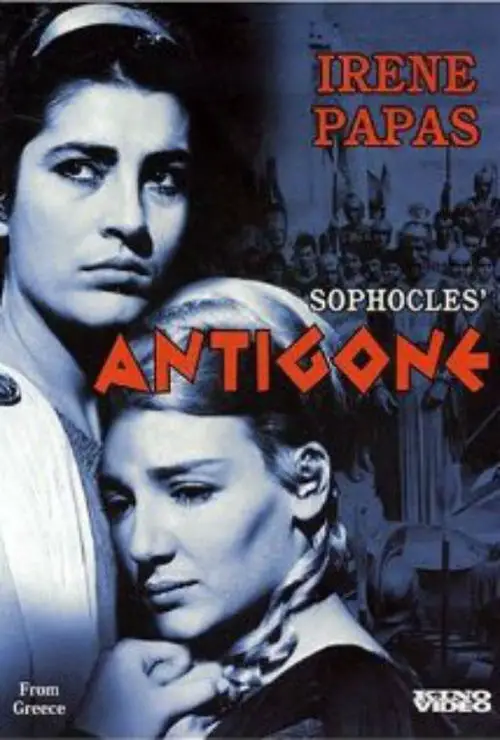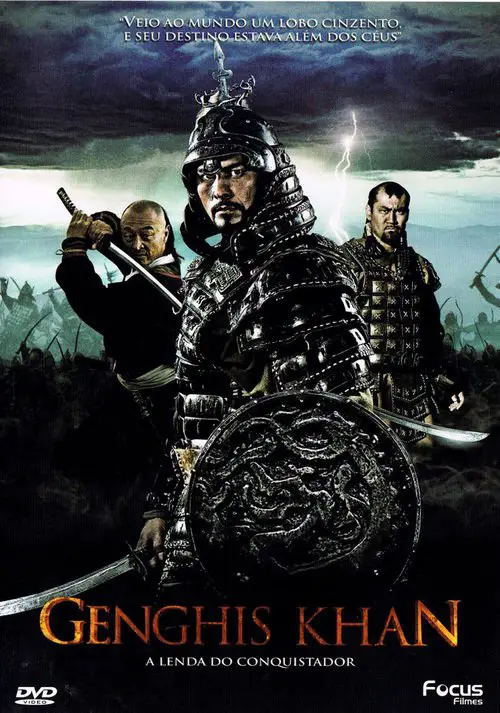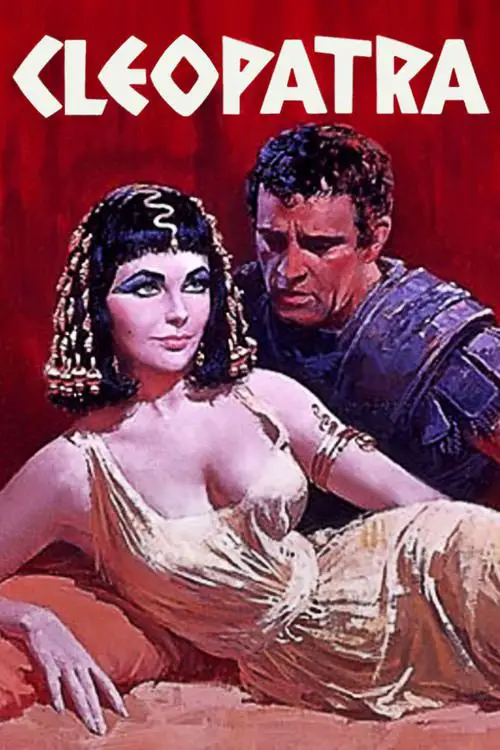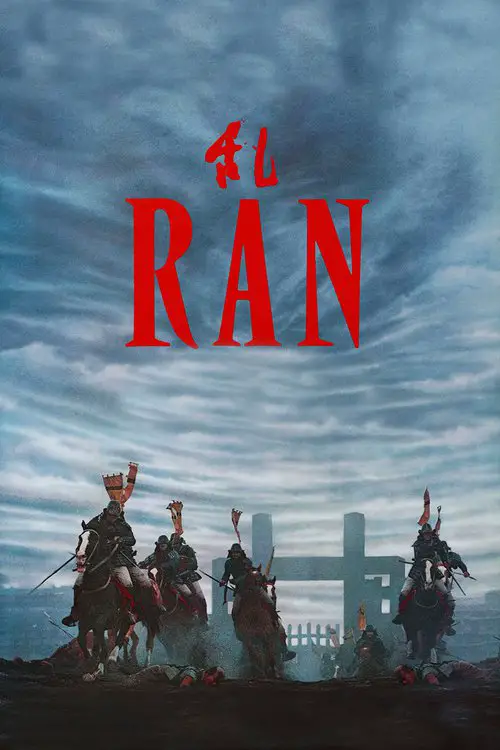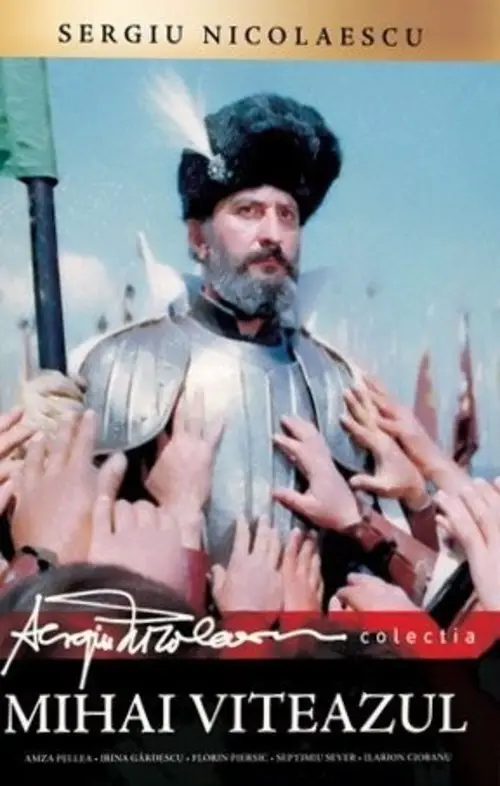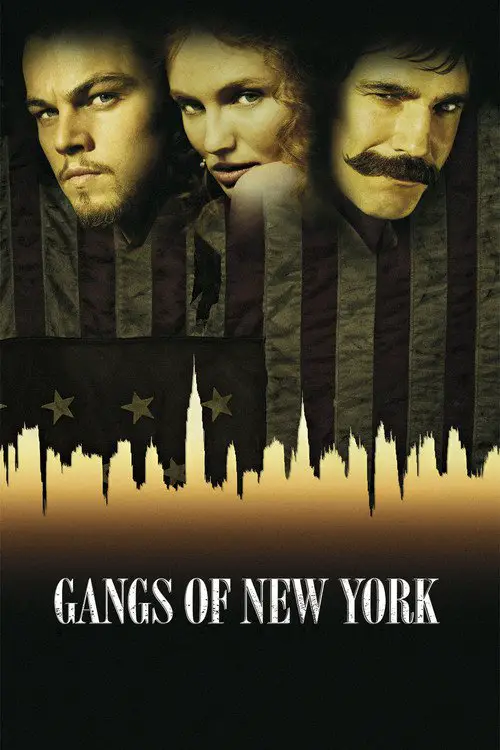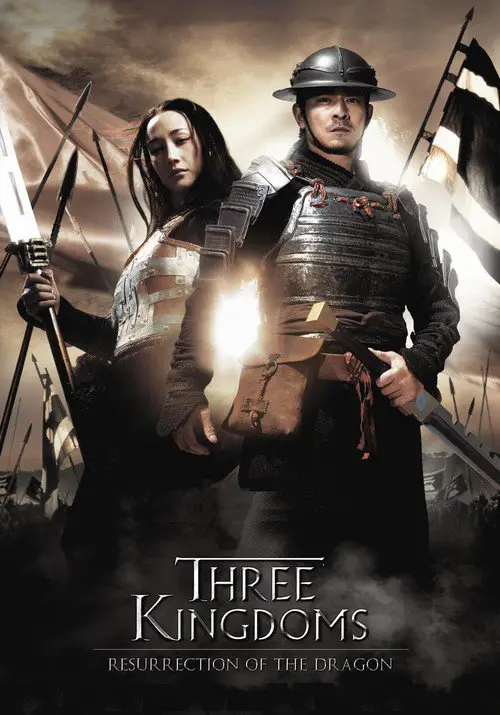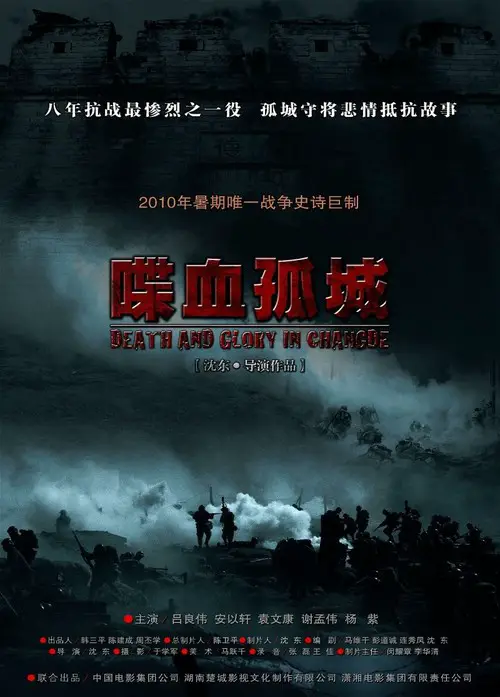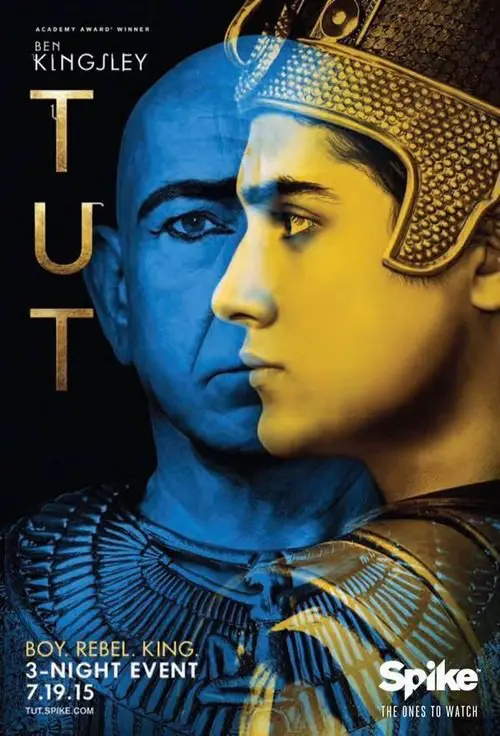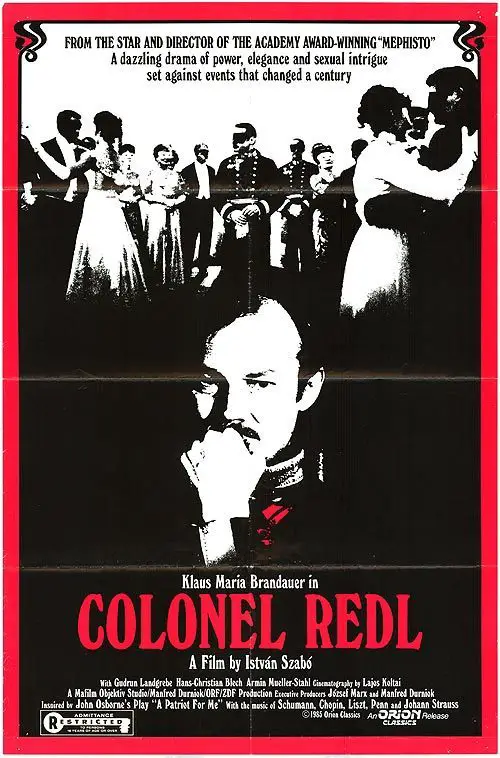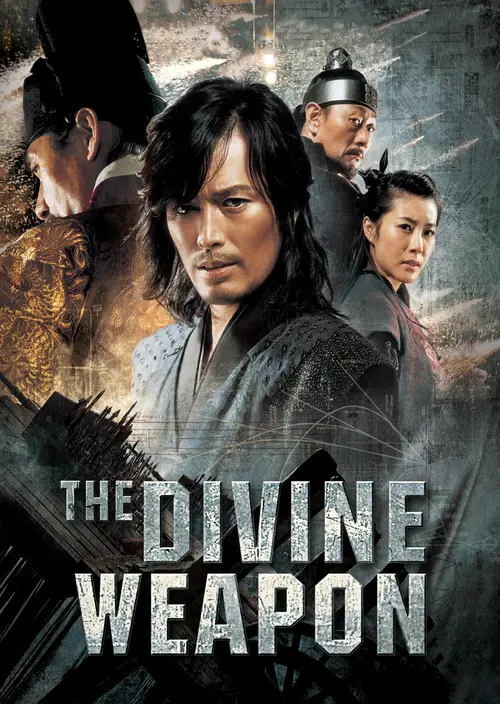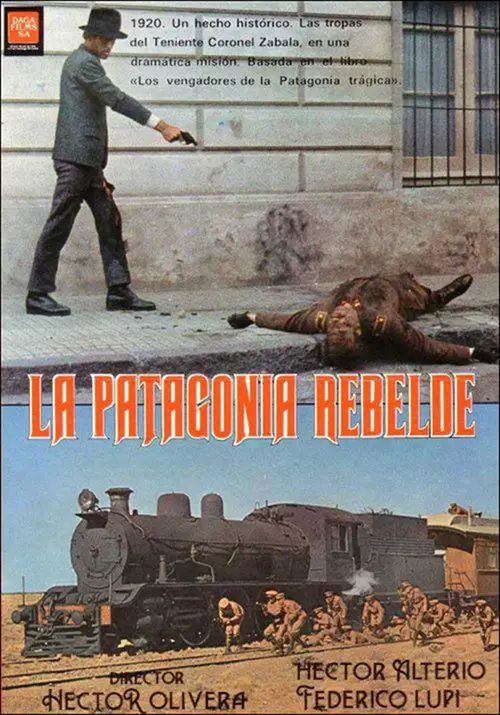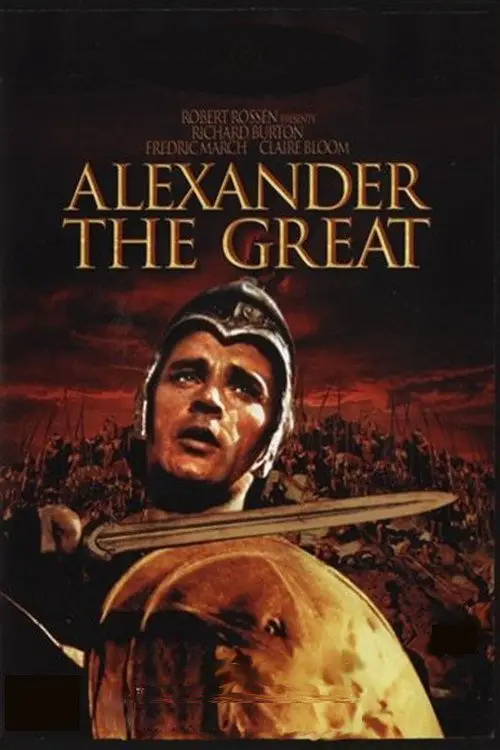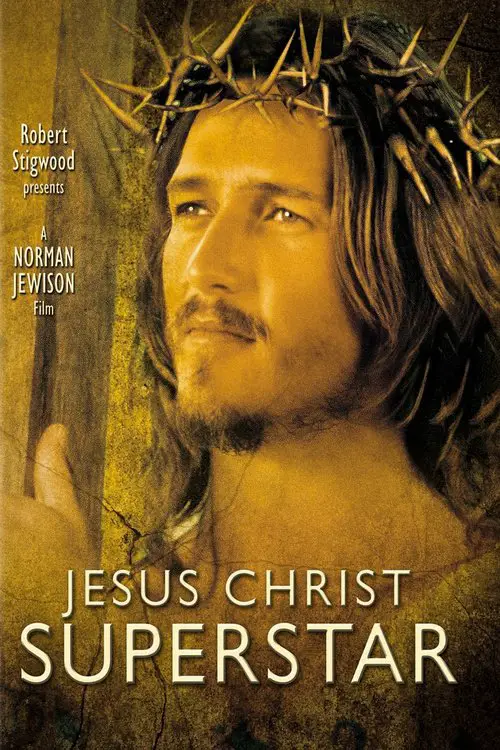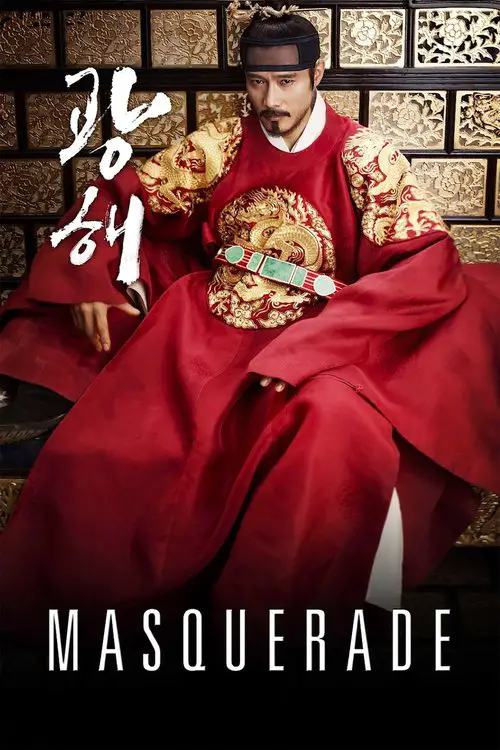The Magnificent Concubine (1962)
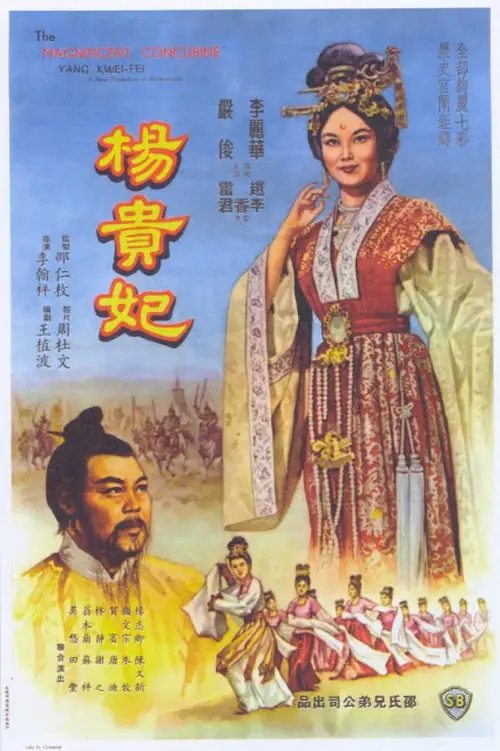
Similar movies
Rudraba, daughter of Ganapatideva, the emperor of the Kakatiya dynasty, was officially designated a son through the ancient Putrika ceremony and given the name Rudradeva so that she could succeed her father after his death. Despite opposition, she became of the most prominent rulers of the Kakatiya dynasty and one of the few ruling queens in Indian history.
In eighteenth-dynasty Egypt, Sinuhe, a poor orphan, becomes a brilliant physician and with his friend Horemheb is appointed to the service of the new Pharoah. Sinuhe's personal triumphs and tragedies are played against the larger canvas of the turbulent events of the 18th dynasty. As Sinuhe is drawn into court intrigues he learns the answers to the questions he has sought since his birth.
In autumn of 1526, the Emperor, Charles V, sends his German landsknechts led by Georg von Frundsberg to march towards Rome. The inferior papal armies, commanded by Giovanni de'Medici, try to chase them in the midst of a harsh winter. Nevertheless, the Imperial armies manage to cross the rivers along their march and get cannons thanks to the maneuvers of its Lords. In a skirmish, Giovanni de'Medici is wounded in the leg by a falconet shot. The attempts to cure him fail and he dies. The Imperial armies assault Rome. The film is beautifully but unassumingly set, and shows the hard conditions in which war is waged and its lack of glory. It ends straightforwardly with the declaration made after the death of Giovanni de'Medici by the commanders of the armies in Europe of not using again fire weapons because of their cruelty.
Set in 1398. Kim Min-Jae (Shin Ha-Kyun) is the supreme commander of the Joseon Dynasty. He falls in love for the first time and for that woman he takes risks. Yi Bang-Won (Jang Hyuk) is the Kingâs son. He helped his father setup the Joseon Dynasty era, but he was not picked as the Crown Prince. He still holds ambitions of becoming the King one day.
Jin (Kang Ha-Neul) is Kim Min-Jaeâs son and the Kingâs son-in-law. Due to his position as the King's son-in-law, he is unable to take part in politics and only seeks out pleasure.
In 221 BC, Qin Shihuangdi conquered the rest of China. Qin's great accomplishments and also his serious faults are showed in this film. Qin adopted autocratic dictatorship and led a luxurious life: abolition of feudalism and the centralization of power in the form of a now-hereditary bureaucracy loyal to himself; burning books and burying scholars; the construction of a sumptuous palace for his concubines and also the Great Wall.
One rainy day, Akane crosses path with a kind young man who tacitly offers to her his coat. On their second encounter, he confesses that he has no recollection of who he is, his name or his past, but feels contented by just being with her. Besotted, Akane sets out to find his name, and to unravel his enigmatic connection with a famous cursed dance rumoured to kill anyone who attempts to perform it. (Source: ANN)
Epic account of the thief Barabbas, who was spared crucifixion when Pilate manipulated the crowd into pardoning him, rather than Jesus. Struggling with his spirituality, Barabbas goes through many ordeals leading him to the gladiatorial arena, where he tries to win his freedom and confront his inner demons, ultimately becoming a follower of the man who was crucified in his place.
In ancient Egypt the Pharaoh Khufu is obsessed with acquiring gold and plans to take it all with him into the "second life." To this end he enlists the aid of Vashtar, an architect whose people are enslaved in Egypt. The deal: build a robbery-proof tomb and the enslaved people will be freed. During the years that the pyramid is being built a Cyprian princess becomes the pharaoh's second wife, and she plots to prevent Khufu from taking his treasure with him when he dies .. as well as helping him make the journey early.
In the year 198 BC, Cao Cao (Chow Yun Fat), Prime Minister of the Han Dynasty, ventured to the east and defeated China's greatest warrior Lu Bu, terrifying every ambitious warlord across the country. Several years later, after taking the Han Emperor under his wing, Cao crowns himself King of Wei. He built a magnificent Bronze Sparrow Island to symbolize his power and rumors spread that he would replace the Emperor. Meanwhile, young lovers Mu Shun (Hiroshi Tamaki) and Ling Ju (Liu Yi-Fei) are taken from a prison camp to a hidden tomb, where they spend five cruel years together, training as assassins for a secret mission. In the year 220 BC astronomical signs predict dramatic change. As a result, Cao's son Cao Pi (Yau Sam-Chi) and Cao's followers urge Cao to become the new Emperor - but unknown opposing forces plot against him.
During the Manchurian-ruled Qing Dynasty, Emperor Yong Zheng established a secret assassination squad known as the Guillotines to eliminate all who opposed him. Once heavily favored by the Emperor, the Guillotines are deemed expendable once Emperor Qian Long ascends to the throne and adopts Western ideas and technology. To consolidate his power under a new regime, the Emperor continues to use the Guillotines to persecute the conquered Han Chinese in a reign of terror and oppression. Written by Anynomous
The Soong family was a political dynasty in China that reached the highest levels of power. This film follows the lives of the three Soong daughters, who were educated in America and returned to China. Ai-ling (the oldest) married a wealthy and powerful businessman. Ching-ling married Sun Yat-sen, the revolutionary founder of modern China. Mei-ling (the youngest) married Chiang Kai-shek, China's l
Victor Hugo's monumental novel Les Miserables has been filmed so often that sometimes it's hard to tell one version from another. One of the best and most faithful adaptations is this 240-minute French production, starring Jean Gabin as the beleaguered Jean Valjean. Arrested for a petty crime, Valjean spends years 20 in the brutal French penal system. Even upon his release, his trail is dogged by relentless Inspector Javert (Bernard Blier). Valjean's efforts to create a new life for himself despite the omnipresence of Javert is meticulously detailed in this film, which utilizes several episodes from the Hugo original that had hitherto never been dramatized. Originally released as a single film, Les Miserables was usually offered as a two parter outside of France.
Depicts the love lives, jealousies and desires of those that work within the Sanguiwon during the Joseon Dynasty period. The Sanguiwon are responsible for the attire worn by royalty. Dol-Seok (Han Suk-Kyu) is the best master artisan in charge of royal attire. He views set rules as paramount to his job. Kong-Jin (Ko Soo) is a genius like designer, born with dexterity and an excellent sense. He was brought to the palace by nobleman Pan-Soo (Ma Dong-Seok) who first spotted his talent. The King (Yoo Yeon-Seok) and Queen (Park Shin-Hye) then become embroiled in a critical case because of the royal attire made by Dol-Seok and Kong-Jin.
City of Life and Death takes place in 1937, during the height of the Second Sino-Japanese War. The Imperial Japanese Army has just captured the then-capital of the Republic of China, Nanjing. What followed was known as the Nanking Massacre, or the Rape of Nanking, a period of several weeks wherein tens of thousands of Chinese soldiers and civilians were killed.
In July 1945, during the end of World War II, Japan is forced to accept the Potsdam Declaration. A cabinet meeting has continued through days and nights, but a decision cannot be made. The U.S. drops atomic bombs on the cities of Hiroshima and Nagasaki, Japan. General Korechika Anami is torn over making the proper decision and the Emperor of Japan worries about his people. Prime Minister Kantaro Suzuki leads the cabinet meeting, while Chief Secretary Hisatsune Sakomizu can't do anything, but watch the meeting. At this time, Major Kenji Hatanaka and other young commissioned officers, who are against Japan surrendering, move to occupy the palace and a radio broadcasting station. The radio station is set to broadcast Emperor Hirohito reading out the Imperial Rescript on the Termination of the War.
A chronicle of the life of Yasui Santetsu, a 17th century master of go who turned his attention to astronomy and created a new calendar for Japan. Based on the life of Santetsu Yasui (December 27, 1639-November 1, 1715), appointed as the first official astronomer in the Edo Period and would go on to create the Jokyo calendar at the imperial request.
The perversion behind imperial Rome, the epic story of Rome's mad Emporer. All the details of his cruel, bizarre reign are revealed right here: His unholy sexual passion for his sister, his marriage to Rome's most infamous prostitute, his fiendishly inventive means of disposing those who would oppose him, and more.
At the end of 1918 while civil war is raging on in Russia, antagonism is slowly spreading to the East, between the Oural mountains and Shanghai. Stuck between a desire to save what's left of the great Imperial Russia, and starting from a clean slate, old generals, secret organizations, and mercenaries attracted by gold, struggle to take advantage of the events. As Corto Maltese returns to Shanghai, he barely gets time to cross paths with his old friend/nemesis Raspoutine, and escape a murder attempt before being contacted by members of a Chinese secret organization called "The Red Lanterns". In the heart of violent Mandchourian horizons, Corto and Raspoutine launch themselves into a fabulous treasure hunt, following the tracks of the mysterious armor-plated train of Koltchak. A steel monster spiked with canons and machine guns, this trains protects the counter-revolutionaries gold...
7 Assassins is a new martial arts movie which delivers a great cast which see Shaw Brothers legends Kara Hui and Ti Lung back on screen... When social unrest plagues a Kingdom in ancient China, the Imperial Court collects stockpiles of gold from local governments to expand the royal army. However, the gold is robbed while in transport. In a desperate move to retrieve the stolen treasure, elite royal guards are sent on a mission to go after the gold but soon find out they are not the only ones in pursuit of it.
Izo is an assassin in the service of a Tosa lord and Imperial supporter. After killing dozens of the Shogun's men, Izo is captured and crucified. Instead of being extinguished, his rage propels him through the space-time continuum to present-day Tokyo. Here Izo transforms himself into a new, improved killing machine.
Two best friends, So-yool and Yeon-hee, dream of becoming the top artists in Seoul together. But their friendship doesn't last long as Yoon-woo, So-yool's first love and songwriter, falls in love with Yeon-hee and her voice. So-yool's feeling of jealousy and inferiority towards Yeon-hee grows by the day, and she eventually makes a drastic decision to bring the two lovers down.
Intended as the concluding film in the trilogy on the modern history of Taiwan began with Beiqing Chengshi (1989), this film reveals the story through three levels: a film within a film as well as the past and present as linked by a young woman, Liang Ching. She is being persecuted by an anonymous man who calls her repeatedly but does not speak. He has stolen her diary and faxes her pages daily. Liang is also rehearsing for a new film that is due to go into production soon. The film, entitled Haonan Haonu, is about a couple Chiang Bi-yu and Chung Hao-tung who returns to China to participate in the anti-Japanese movement in China in the 1940s and are arrested as communists when they go back to Taiwan.
During the summer of the year 1610 one of the first telescopes made by Galileo ends up in the hands of Jean Kepler in Prague who at the time was the astronomer of Emperor Rudolp II. Kepler observes the night-sky as nobody has seen it before him.
His observation platform becomes the meeting place of Prague's imperial court.
In this entourage Kepler separates science from superstition, freedom from intolerance.
In Thebes in ancient Greece, King Oedipus kills his father and marries his mother Jocasta, having two sons - Eteocles and Polyneices - and two daughters - Ismene and Antigone. King Oedipus dies a beggar in the exile after gouging out his own eye, and Eteocle agrees to reign in Thebes in alternating years with Polynices. However, he refuses to resign after the first year and Polynieces raises an army and attacks Thebes, and they kill each other. The ruler of Thebes Creon decrees that Eleocles should have an honorable burial while the body of the traitor Polyneices should be left on the battlefield to be eaten by the jackals and vultures. However, Antigone, who was betrothed to Creon's surviving son Haemon, defies Creon's orders and buries her brother. When Creon is reported of the attitude of Antigone, he sentences her to be placed in a tomb alive. Antigone hangs herself in the tomb and Haemon tries to kill his father first and then he kills himself with his sword...
Three childhood friends. Three sworn brothers. One was initiated into the sacrament and grew up to be a great shaman. The other two followed the path of war and the nation recognised them as leaders. But only one of them was to become the ruler of the entire steppe. He was chosen by the Eternal Blue Sky and the Sky itself put him on a trial. Love for a woman will make him a warrior. Allegiance to the law will lead him to fratricide. Striving for peace will force him to start war. The council of nine tribes, speaking nine tongues, proclaimed him the sovereign and gave him the name of an ancient deity - Genghis Kahn.
Historical epic. The triumphs and tragedy of the Egyptian queen, Cleopatra.The winner of four Oscars, this epic saga of love, greed and betrayal stars Elizabeth Taylor as the passionate and ambitious Egyptian queen who's determined to hold on to the throne and seduces the Roman emperor Julius Caesar (Rex Harrison). When Caesar is murdered, she redirects her attentions to his general, Marc Antony (Richard Burton), who vows to take power -- but Caesar's successor (Roddy McDowall) has other plans.
An epic fresco depicting the reign (1593-1601) of Mihai Pätrascu (better known as "Mihai Viteazul" / "Michael the Brave"), the famous prince who united the three provinces: Transalpine Vallachia, Transylvania and Moldavia, into the country of Romania, at the end of the 16th century (1599-1601) against the opposition of the Ottoman and Austrian Empires, this movie features large scale battle scenes mixed with political intrigues, murderous treachery, and family drama.
1863. America was born in the streets. In this movie, we see Amsterdam Vallon returning to the Five Points of America to seek vengeance against the psychotic gangland kingpin Bill the Butcher who murdered his father years ago. With an eager pickpocket by his side and a whole new army, Vallon fights his way to seek vengeance on the Butcher and restore peace in the area.
A few decades after the destruction of the Inca empire, a Spanish expedition leaves the mountains of Peru and goes down the Amazon river in search of gold and wealth. Soon, they come across great difficulties and Don Aguirres, a ruthless man who cares only about riches, becomes their leader. But will his quest lead them to "the golden city", or to certain destruction
Children of Glory will commemorate Hungary's heroic Revolution of 1956, and takes place in Budapest and at the Melbourne Olympic Games in October and November of that year. While Soviet tanks were destroying Hungary, the Hungarian water polo team was winning over the Soviets in the Olympic pool in Melbourne, in what has been described as the bloodiest water polo match in history.
During the reign of King Sejong, Joseon Dynasty was the embodiment of the perfect state. To the Ming China, the aspiring imperial power, Joseon presented an obstacle to territorial expansion. The Ming China demanded submission and interfered with internal affairs of Joseon. All the while keeping Joseon in check with the constant threat of the northern barbarians. Disgusted by the Chinese interference, King Sejong secretly develops the 'Phantom Arrowslinger,' a weapon he intends to use to take back Joseon's land and supremacy - but When Chinese spies discover the plan, the Chinese emperor attempts to disrupt the development with force, setting off a chain reaction of violence.
In 1920, workmen of Patagonia (Argentina), grouped into anarchist and socialist societies, decide to strike demanding better working conditions. Among the workers there are numerous European immigrants acting as ideological ferment of their peers. The situation is unsustainable and Yrigoyen government sent from Buenos Aires, Lieutenant Colonel Zavala to impose order ... Based on the book "Los vengadores de la Patagonia trágica", written by Osvaldo Bayer.
He was a fierce military commander who led huge armies into battle without a single defeat; a magnificent warrior who many believed was part god - this was Alexander the Great (Richard Burton), the legendary Greek hero hailed by his countrymen as "The King of Kings". Born in 356 B.C. into a turbulent world of political unrest, educated by Aristotle (Barry Jones) and chosen to lead his people in the grand tradition of his powerful father (Fredric March), this glamorous world conqueror rose above all conflict to unite the continents of Europe and Asia to become one of the most celebrated rulers of all time! Written, produced and directed by Oscar - winner Robert Rossen and featuring the extraordinary Claire Bloom and a remarkable cast of thousands, this stunning portrait of one of history's most fascinating figures is colossal entertainment and an amazing spectacle.
Pepe Le Moko is a notorious thief, who escaped from France. Since his escape, Moko became a resident and leader of the immense Casbah of Algiers. French officials arrive insisting on Pepe's capture are met with unfazed local detectives, led by Inspector Slimane, who are biding their time. Meanwhile, Pepe meets the beautiful Gaby , which arouses the jealousy of Ines
During the confusing and conspiratorial Joseon Dynasty King Gwang-hae orders his councilor, HEO Kyun, to find him a double in order to avoid the constant threat of assassination. HEO Kyun finds Ha-sun, a jester who looks remarkably like the king, and just as feared, Gwang-hae is poisoned. HEO Kyun proposes Ha-sun fill the role as the king until Gwang-hae recovers fully and grooms Ha-sun to look and act every bit the king. While assuming the role of the king at his first official appearance, Ha-sun begins to ponder the intricacies of the problems debated in his court. Being fundamentally more humanitarian than Gwang-hae, Ha-sunâs affection and appreciation of even the most minor servants slowly changes morale in the castle for the better. However, his chief opposition, PARK, notices the sudden shift in the kingâs behavior and starts to ask questions.
A peerless chronicler of the soul who specialized in supremely emotional, visually exquisite films about the circumstances of women in Japanese society, Kenji Mizoguchi had already been directing movies for decades when he made The Life of Oharu in 1952. But this epic portrait of an inexorable fall from grace, starring the astounding Kinuyo Tanaka as an imperial lady-in-waiting who gradually descends to street prostitution, was the movie that gained the director international attention, ushering in a new golden period for him.
© Valossa 2015–2026
| Privacy Policy
